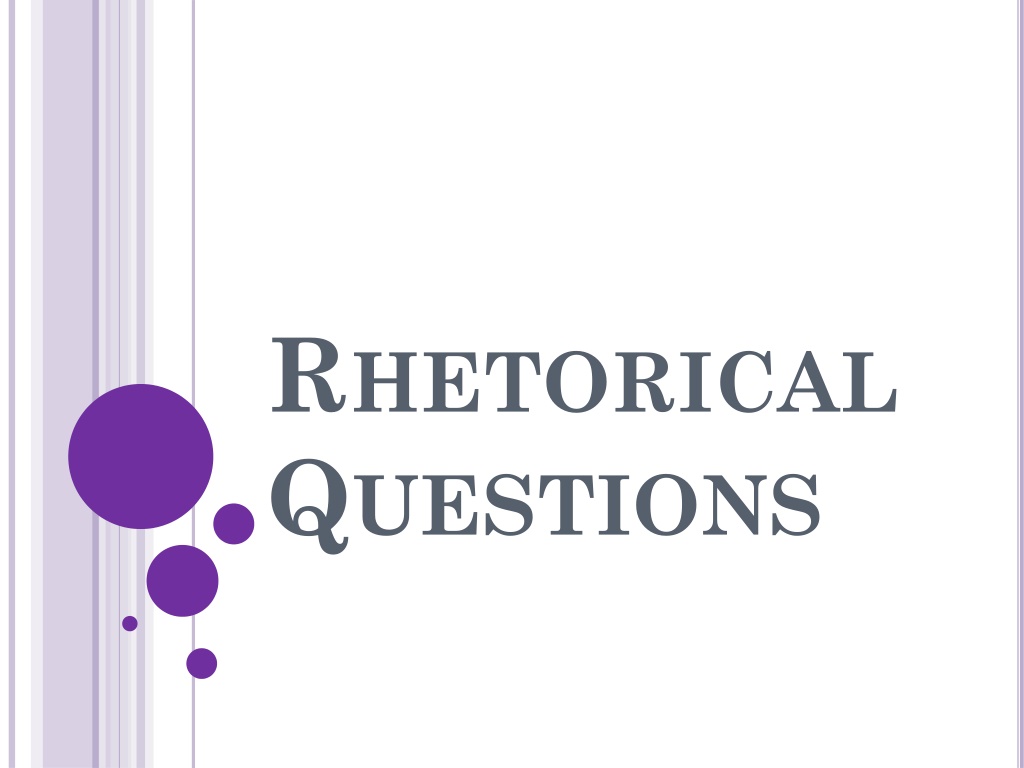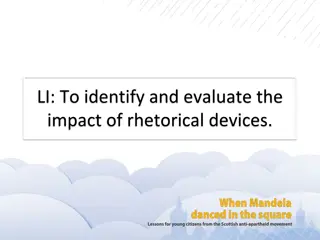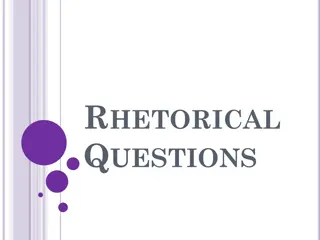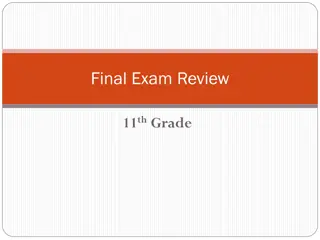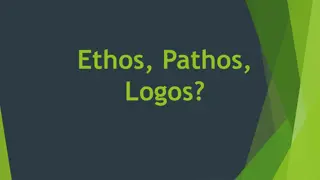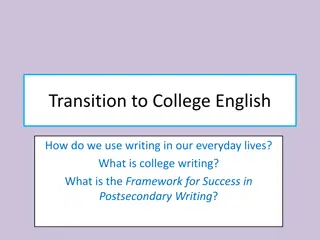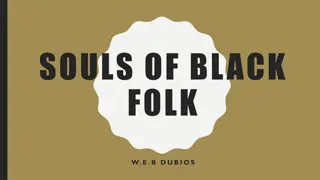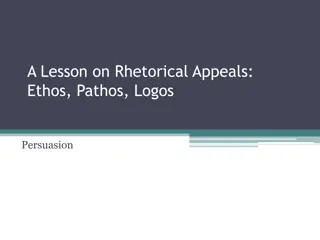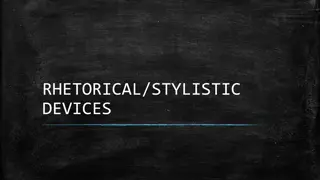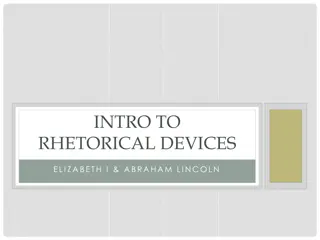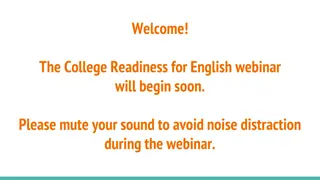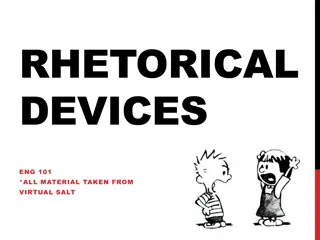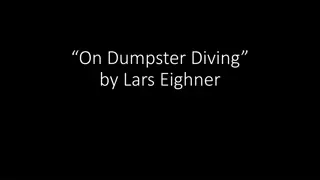Understanding Rhetorical Questions: Meaning, Usage, and Examples
Rhetorical questions are used to persuade and influence people by posing inquiries that do not require actual answers. By delving into the meaning, purpose, and identification of rhetorical questions, this comprehensive guide sheds light on how these questions play a crucial role in communication and debate.
Uploaded on Jul 20, 2024 | 1 Views
Download Presentation

Please find below an Image/Link to download the presentation.
The content on the website is provided AS IS for your information and personal use only. It may not be sold, licensed, or shared on other websites without obtaining consent from the author. Download presentation by click this link. If you encounter any issues during the download, it is possible that the publisher has removed the file from their server.
E N D
Presentation Transcript
RHETORICAL QUESTIONS
WHAT DOES RHETORICAL MEAN? Rhetorical comes from the word rhetoric which is a special kind of talking Rhetoric is used to persuade or influence people, in other words, to change their minds We often see Rhetorical Questions in a debate because in a debate we want to change people s minds
HOW TO LOOK FOR A RHETORICAL QUESTION A Rhetorical Question is a question that does NOT need to be answered. Q & A
WHY DO WE USE RHETORICAL QUESTIONS? Because the answer is obvious "Do you want extra homework?
WHY DO WE USE RHETORICAL QUESTIONS? .......maybe to make people think of something they might not have thought about yet What would happen to us if we didn t have doctors?
WHY DO WE USE RHETORICAL QUESTIONS? Sometimes a rhetorical question is really just a different way of saying a sentence Don t you want to help your mother? (Come and help!)
WHY DO WE USE RHETORICAL QUESTIONS? Sometimes people ask a question and then answer it straight away (a bit like talking to themselves) Is chocolate good for you? No it isn t, but we all need something as a treat sometimes.
HOW TO TELL IF A QUESTION IS RHETORICAL Think: does the person asking the question really want to know some new information from me? If the answer is no, it is probably a rhetorical question. Q & A
SPOT THE DIFFERENCE Do you want sugar in your coffee? Are they ever going to get here? What s the price of this T-shirt? Really, you re crying about it? Are you two years old or something? Are you hungry?
SPOT THE DIFFERENCE Do you want sugar in your coffee? X Are they ever going to get here? R What s the price of this T-shirt? X Really, you re crying about it? R Are you two years old or something? R Are you hungry? X
NOWYOU TRY QUICK DEBATE: Should mobile phones be allowed in school? Think of a rhetorical question FOR this argument Think of a rhetorical question AGAINST this argument
FOR: Who wouldn t want to watch movies on their phones during a boring lesson? AGAINST: How could you make friends if everyone has their head stuck in a phone all day?
Me and ??????
